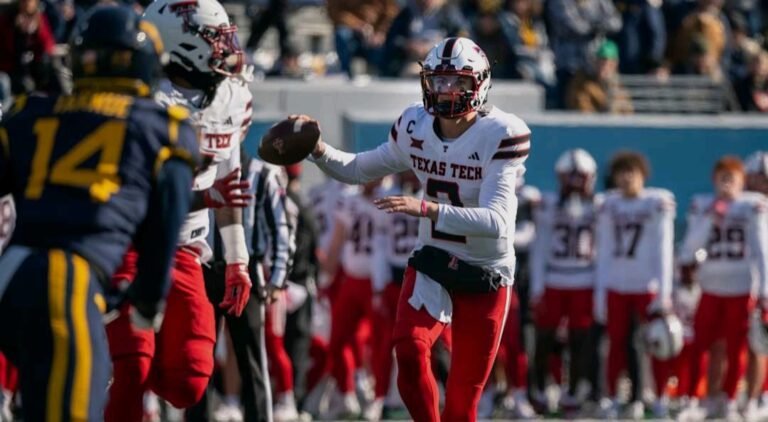
In a surprising development, the Arkansas Razorbacks have announced the departure of freshman point guard Boogie Fland, a move that has sent
ripples through the college basketball community. Fland, who joined the Razorbacks alongside head coach John
Calipari from Kentucky, was anticipated to be a cornerstone of the team’s backcourt this season.
Fland’s tenure with Arkansas was marked by both promise and adversity. Prior to his injury, he showcased his potential by averaging 15.1 points, 5.7 assists, and 3.4 rebounds per game.
His dynamic playstyle and court vision made him a pivotal player for the Razorbacks. However, a hand injury sustained on January 11 during a game
against Florida significantly impacted his season. The injury occurred when teammate Billy Richmond III inadvertently landed on Fland’s hand, leading to a
fracture. Despite attempts to return to the court, the severity of the injury ultimately sidelined him for the remainder of the season.
The Razorbacks have faced a tumultuous season, grappling with a series of challenges that have tested the team’s resilience.
The loss of Fland exacerbated these issues, leaving a void in the guard position that has been challenging to fill. In response,
Coach Calipari has had to adjust his strategies, relying more heavily on other guards such as D.J. Wagner and Johnell Davis to step up in Fland’s absence.
The decision to part ways with Fland was not made lightly. Sources within the athletic department indicate that both parties reached a mutual agreement,
considering Fland’s long-term health and professional aspirations. Projected as a lottery pick for the 2025 NBA Draft, ensuring a full recovery is paramount for his future career.
This move allows Fland to focus entirely on rehabilitation without the pressures of collegiate competition.
Looking ahead, the Razorbacks face the challenge of regrouping and adapting to the evolving dynamics of their roster. The coaching staff is expected to explore options within the transfer portal to bolster the backcourt. Additionally, there will be an increased emphasis on developing current players to assume more prominent roles. The resilience and adaptability of the team will be crucial as they navigate the remainder of the season and prepare for future campaigns.
For Fland, the focus shifts to recovery and preparation for the next chapter in his basketball journey. His talent and potential remain undeniable, and with proper rehabilitation, he is poised to make a significant impact at the professional level. The basketball community will undoubtedly monitor his progress closely, anticipating his return to the court.
In conclusion, the departure of Boogie Fland marks a significant turning point for the Arkansas Razorbacks. While his absence presents challenges, it also offers an opportunity for the team to demonstrate resilience and adaptability. As the season progresses, the Razorbacks’ response to this adversity will define their trajectory and set the tone for future success.





